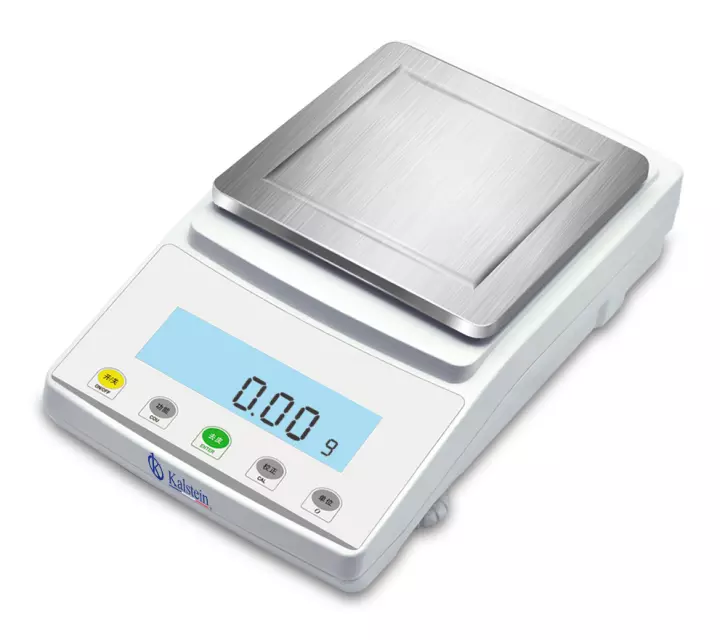Balances are laboratory instruments designed to determine the mass of a body, thus providing accurate data on its weight. Among the many existing models, the analytical balance stands out, which has a high power of rigor, since with it it is possible to obtain great precision and sensitivity.
What does the sensitivity of a balance refer to?
Sensitivity is determined by the ability to accurately determine results for very low or low values, and can be expressed as the difference between extreme values of several measurements of the same magnitude.
A measuring instrument is more sensitive the smaller the quantity it can measure. In the case of the balance, the sensitivity can be defined as the variation that the equilibrium position experiences when a 1 mg overload is placed on one of its pans. The sensitivity of a balance depends on its capacity, that is, a balance designed to weigh kilograms will hardly have the necessary sensitivity to have reproducibility in milligram weighings.
The conditions for an analytical or precision balance to have adequate sensitivity are:
- The friction in the support point and in the suspension points are minimal.
- The suspension points of the cymbals and the cross are in a straight line, when applicable.
- That, for the maximum load admitted by the balance, the cross is inflexible.
In the case of analytical balances, which are extremely sensitive balances, the conditions that affect them should be minimized, because these balances have extraordinary sensitivity to any environmental factor, temperature, cold, heat, sunlight, humidity, to air currents, steam, dust and movement.
Considerations when using balances
- Do not weigh substances directly on the balance plate.
- Use a clean, dry container, such as a watch glass or container as small as possible.
- The container and the load to be weighed must be at the same temperature as the surroundings.
- Place the material to be weighed in the center of the balance plate.
- At the end of the measurement process, the load must be removed from the balance pan.
- Balances are laboratory equipment that need periodic maintenance to keep them in the best operating conditions. All this in order to guarantee the preservation of its characteristics.
To guarantee the correct operation of a balance, it is necessary to calibrate it during its first installation. And it should be the first of successive periodic calibrations as determined by the balance manufacturer. Calibration is one of the most important aspects to attend to when carrying out maintenance and this is designed to ensure that the results obtained when weighing are accurate and reliable Calibrations, both in mechanical and electronic scales, are carried out performed using standard weights. These weights have an exact known mass and must always match the measurement.
At Kalstein we are MANUFACTURERS and we offer you an excellent range of laboratory balances, at the best PRICES on the market. That is why we invite you to take a look at the Products menu.HERE




